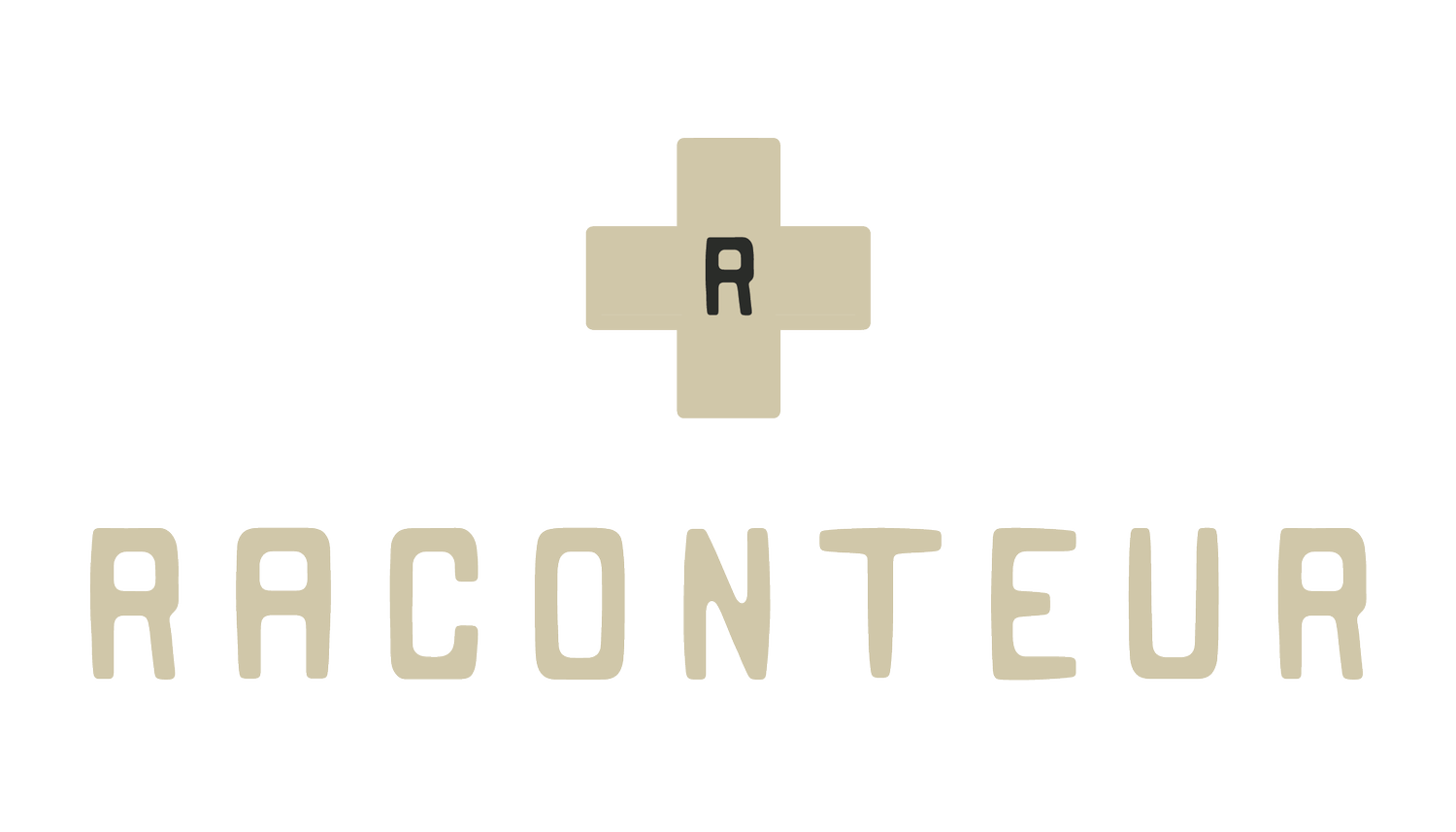Communion
The elk hair caddis sinks at the end of its swing, and I strip the fly back through the pool dug by falling water. Two brook trout strike but can’t bury the hook into their mouths. Dark bodies like commas pausing the sentence of my offering. After three more casts, neither strikes again, and I climb out of the streambed to Nikea. I tell her I missed, not wanting to blame these native fish for my returning without a trout in my hand.
Five years ago, I met Nikea on a dead stream. Water as orange as her hair. The rhododendron leaves green as her eyes.
The lab she worked at studied what life could endure the effects of Acid Mine Drainage and fracking in the streams of north central Pennsylvania. My father and I possessed local knowledge of the far tributary, which we brought along with the batteries we carried to complete the electrofishing for her research.
We dated through college. Towns two hours apart. On weekends, I rode the west-going train, she the east, the routes meeting in the middle at my parents’ home. We’d hike up the streams flowing off the Allegheny Plateau. I left my fly rod in the basement. She’d laugh as I looked longingly at soft water behind rocks, long runs with creases beneath for trout to slip between.
Nikea and I catch up with my mother and father four pools ahead. Dad casts a riffle, deepened by a fallen hemlock. The brookie porpoises, and I can see the red belly turn like a trillium petal after rain. He scrambles up over the log and nets the eight-incher. We look at each other to confirm this is a fish we will eat, then Dad bends the head back until the trout’s eyes dull. I find a young moosewood and whittle the Y tips of the fork so the gills slide down smoothly. Nikea asks if she can carry the fish.
My family takes this meal once a year. A ritual like all holy acts. Three or four native brook trout, feathered flesh betraying their ancestors as creatures of a sea that receded and left their wormed backs trapped here in the narrow folds.
Nikea studied abroad in Germany after we graduated, and fearing my own loneliness, a mountain range and ocean away from her touch, I anxiously quit our love. But after months of missing her, I realized my error. Once she returned to the United States to begin her Ph.D, I wrote her letters. Hundreds of letters. I budgeted for stamps. She wrote back.
I drift the still water made by a boulder and a downed beech. Foam white and wide as a hobblebush blossom splits as my caddis skitters across. The brookie engulfs the fly, olive sides flexing toward a crevasse of escape. I lift the seven-inch fish from its home and thread its body next to the others. Nikea watches as the color of their bellies fade. The vermiculation of their backs blurring. Soft purple cheeks, now gray.
Nikea fell back in love with me and we followed that tumbling love like snow melt through a hollow. After seven months, we were engaged.
The brook trout at the tail of the run eats a mayfly on the cusp of the riffle below. Nikea bow-and-arrow casts. She played softball in college and knows what it means to trust what she throws. Not with muscle, but with form. Before her fly can reach the trout, the fish takes another sulphur off the top. The mayflies’ slender bodies caught in the rush, trout grateful for their toppling. We can see the tips of the fins sway at the bottom like laundry on a line. The trout swallows her next drift, and Nikea lifts the rod so it can’t reach the roots where the tippet will snap. She says it’s big enough, and shoulders all the fish on the stringer.
So much of my time in the woods is spent admiring, and as we all stop and witness my father fish a pool sheltered by witch hazel, I admire Nikea standing on the bank. Water from the fish tails slowly drip onto the back of her shirt. The brook trout have fat bellies. Nikea’s cheeks are freckled. The stream bends west beyond us, sun already pinching out of the ravine.
I sit on a rock cleaning the fish while Dad and Mom build the fire. Nikea watches the crayfish find the heads and stomachs I throw into the water. We recite some of our favorite letters to each other, compliment the ring on her finger, and rinse the flanks still chained by scales.
With the fire cooked to coals, the hunger of the day is revealed by the smell of skin popping with heat. We fry the brook trout in butter and season them with salt. The cast-iron skillet is small enough to carry for miles without much burden. Bread soaks what the fish leave in the pan. We all burn our hands eating the trout. Bones so fine, they thread the space between gum and tooth. Fingers greased and sucked.
We aren’t full. This isn’t a meal, but communion. Eating from the body of the stream.
I feel grit and grease on Nikea’s palm as we hold hands listening to the fire break the wood apart. We all smell of smoke. The tendrils of which will linger in our hair even after we shower. Linger as trout do low in a pool until they finally rise like love to a fly.



